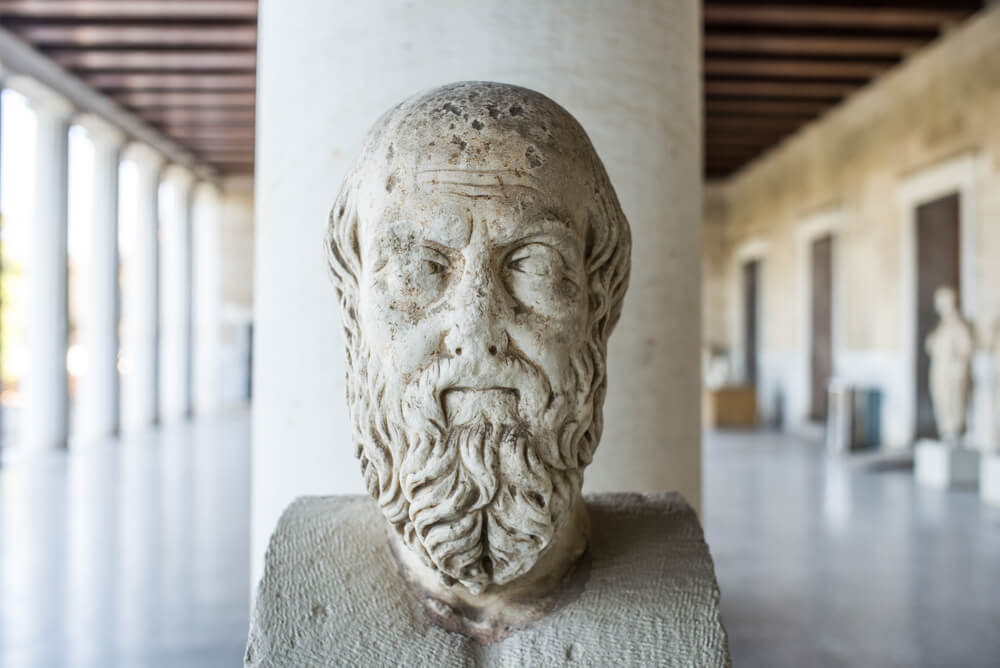Herodotus of Halicarnasse was a historian and geographer of ancient Greece who lived between 484 and 425 bc. C. Today, he is considered the father of historical discipline in the West, some also consider him the father of anthropology.
He was the first historian to leave a reasoned and structured account of human facts and actions, for this he used a wide variety of oral and written historical sources; as we can see, Herodotus got ahead of his time. .
- The Nine Books of History is the book in which Herodotus first presents what historical discipline would be and had two objectives:.
The facts recorded by Herodotus focused on the medical wars (492-478 a. C. ), a conflict led by the Persian Empire and Greece, although they sometimes departed from the main theme.
These facts were expressed in prose and not verse, so although Homer, the narrator of the Lyaade and the Odyssey, has a clear influence on Herodotus, he distances himself from the way he writes, but there are some characteristics left, such as the third. -tell stories of people, the use of formal and elevated language, and the celebration of facts and characters so that they do not fall into oblivion.
Another great difference between Heredotus’ epic poetry and historiography lies in the sources of information, while for Homer the muse was his main source of inspiration, Herodotus entered a process of gathering information, his goal was to develop his stories with continuity and a certain historical character. Sense.
Herodotus was a great traveller for his curiosity, so it was inevitable that he would write down everything he saw and heard during his travels, which is clearly reflected in the method of collecting sources that he used to perform his great historical work and consisting of the following points:
Throughout his work, Heredotus explains how and where he extracted the information he uses to tell a fact, in fact, he was reflecting on the importance and difficulty of using various sources to make a historical narrative as truthful as possible. Oral and written sources are what makes Herodotus a milestone, that is, it marked a before and after in historiographic production.
His long work, Os Nove Livros da Histaria, is divided into 9 volumes, each with its own themes, places and events:
Because of the methods of information collection he used and his extensive historical work, Herodotus is now regarded by many historians as the father of historical discipline. Through descriptions of the events he experienced during his travels, we have an image of one of the conflicts. that marked much of Europe and ancient Asia. These are descriptions based on visual, oral and documentary references, and not simply in the author’s imagination.
However, he is considered not only the first historian, but also the first anthropologist, is this due to the use of participating observation, a fundamental characteristic of what is now called the ethnographic method, and his great interest in the particular customs and traditions of non-Greek peoples.

